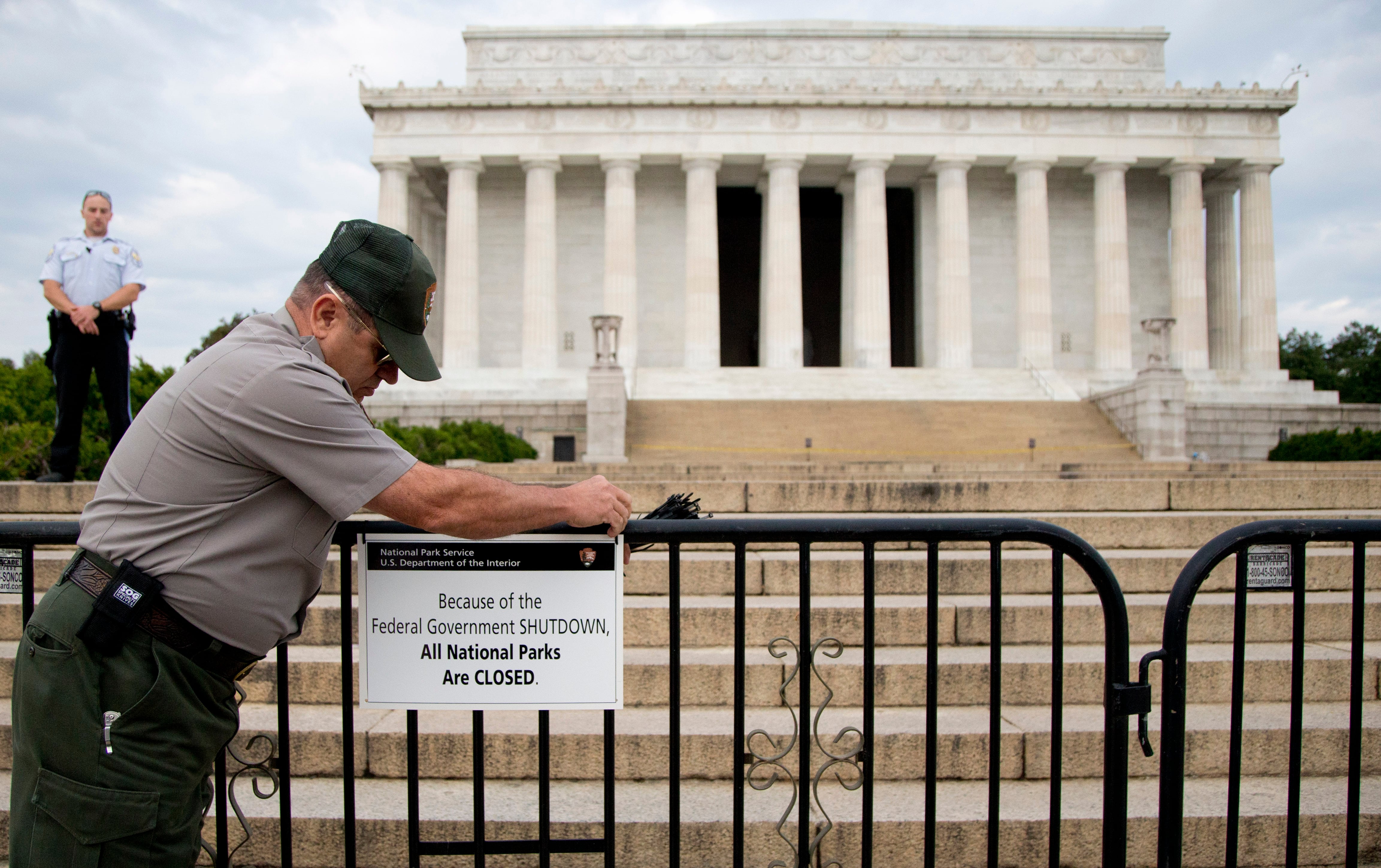Lawmakers avoided triggering a government shutdown on Friday with an emergency budget extension approved just a few hours before federal funding would have lapsed.
The move prevents worker furloughs and program shutdowns at the Departments of Defense, Veterans Affairs and other government agencies set to begin on Oct. 1, the start of fiscal 2022. Service members would have been required to keep working in the event of a shutdown, but their paychecks could have been delayed without the funding fix.
Federal officials had spent the last few days preparing workers for the possibility of a shutdown, issuing notices about which offices would close and which ones would stay open under emergency authorization.
RELATED

The budget extension runs through Dec. 3, giving Congress nine more weeks to pass a full budget plan for the military, VA and other departments.
It continues spending at fiscal 2021 funding levels for that stretch, meaning that some new programs and initiatives will not be able to start until after a full budget deal is reached.
Defense officials have complained about those kinds of delays in recent years, as continuing budget resolutions to start the new fiscal year have become the norm. For example, the military has planned $120.6 million in new housing construction projects worldwide. But because those specific plans weren’t included in the fiscal 2021 budget, officials can’t start most of that work until the fiscal 2022 budget is finalized.
Plans for a defense budget of about $740 billion for fiscal 2022 have advanced in both chambers, but still will take weeks of negotiation to finalize.
Similarly, lawmakers have already offered support for a $270 billion VA budget bill for next fiscal year but will need to finalize details before the plans can become law.
RELATED

On Thursday, before his chamber’s approval of the budget extension, Senate Majority Leader Chuck Schumer, D-N.Y., praised the move as a “good outcome” for the country.
“With so many things happening here in Washington, the last thing the American people need is for the government to grind to a halt,” he said.
The budget extension includes $6.3 billion in supplemental money to support Afghan evacuees, including covering the costs of housing and security screenings for evacuees at American facilities in the United States and in foreign countries.
It also contains another $565 million for repairs to Navy facilities which were damaged by natural disasters in 2020 and 2021, and $330 million more Air Force locations with similar repair needs.
Leo covers Congress, Veterans Affairs and the White House for Military Times. He has covered Washington, D.C. since 2004, focusing on military personnel and veterans policies. His work has earned numerous honors, including a 2009 Polk award, a 2010 National Headliner Award, the IAVA Leadership in Journalism award and the VFW News Media award.




